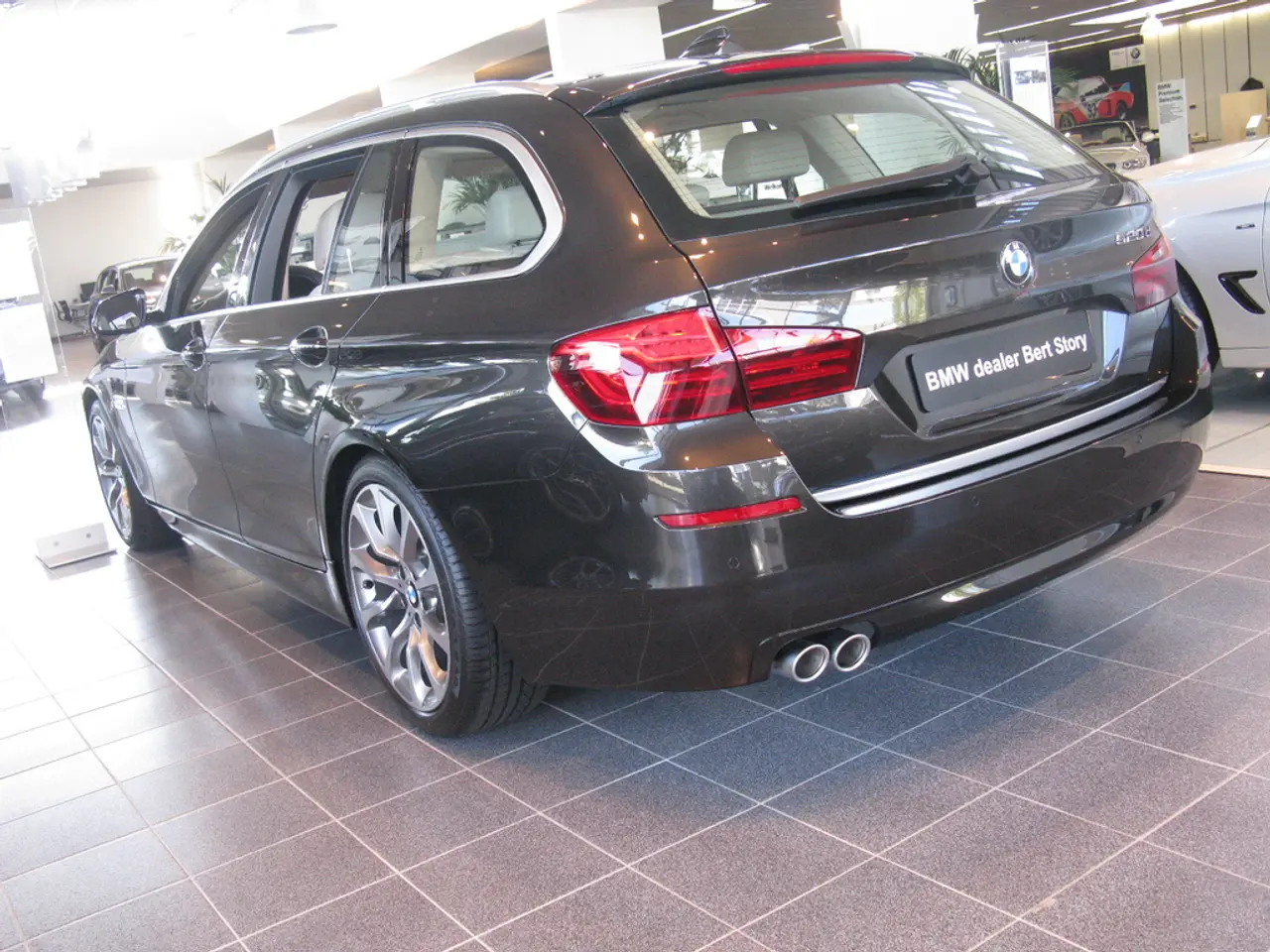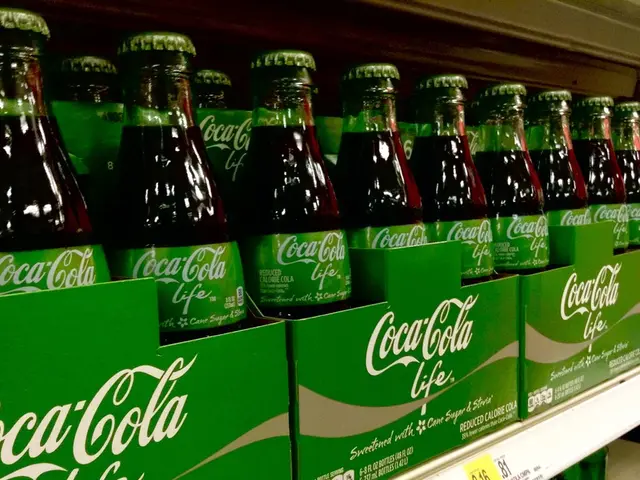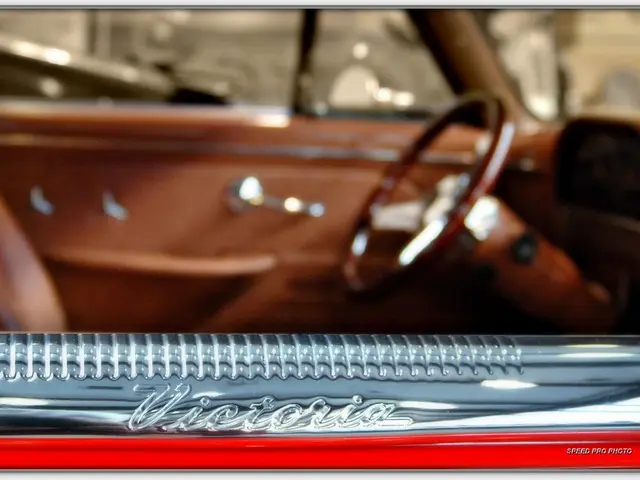Rapid Differences Revealed in Electric Vehicle Charging Speeds
In the rapidly evolving world of electric vehicles (EVs), charging speed has become a crucial factor for success. Tesla, Hyundai-Kia, and BMW are setting the standard for EV technology, driving innovation in the industry.
Tesla's Model Y contributes significantly to the company's leadership in fast charging. The Supercharger network, one of the most extensive fast-charging networks, supports this advantage. Tesla's cars average 172 kW fast charging, making them a top choice for long-distance travel due to reduced charging times.
Hyundai-Kia, another frontrunner, has invested in 800-volt charging systems, enabling higher charging speeds. The Hyundai IONIQ 5 and Kia EV6, two of their BEV models, average 139 kW fast charging.
BMW, too, is making strides in improving charging speed and user convenience. The German automaker averages 102 kW fast charging, and their new high-voltage battery concept promises a 30% shorter charging time. BMW has also invested in deploying fast-charging stations and partnering with various networks to enhance the user experience.
However, not all manufacturers are keeping pace. BYD's average fast charging speed dropped due to slower-charging models like the BYD Seagull. SAIC averages 41 kW fast charging, with many cars not supporting fast charging. Tata Motors' Xpres-T BEV needs nearly an hour to reach 80% charge, averaging 21 kW. Chery's QQ Ice Cream model takes 75 minutes for 80% charge, averaging 24 kW.
The ICCT's (International Council on Clean Transportation) findings highlight the importance of charging speed for EV adoption and success. Understanding charging speeds is crucial for consumers as it impacts the practicality of owning a BEV.
Manufacturers leading in charging efficiency will likely gain a competitive edge in the growing EV market. SAIC's Wuling Hongguang Mini contributes to an increase in SAIC's average fast charging speed, demonstrating that improvements can be made even with a diverse product portfolio. Most automakers did not significantly change their charging speeds from 2022 to 2023, but SAIC and Nissan improved with new models.
Tesla, BYD, and BMW have made the most significant progress in increasing their charging speeds and battery technologies in recent years. Tesla's innovative designs like the 4680 cells and BYD's improved battery integration and scalable production stand out. BMW's achievements in reducing charging times by 30% are noteworthy.
The future of EVs looks promising with rapid advancements in technology and infrastructure. The race to fast charging is on, and it seems that Tesla, Hyundai-Kia, and BMW are leading the pack.
Read also:
- Comprehensive Guide on Electric Vehicle Infotainment: Nearly all the essential insights about in-car entertainment systems in electric vehicles
- Honda unveils blueprint for design, advanced driver assistance systems, electric vehicles, fuel efficiency, and technology development
- Industries Under Jeopardy Due to Multi-Accounting: Prevention Strategies Revealed in 2024
- Rising Tesla Sales in China, Model Y Led the Pack in October Sales Figures








